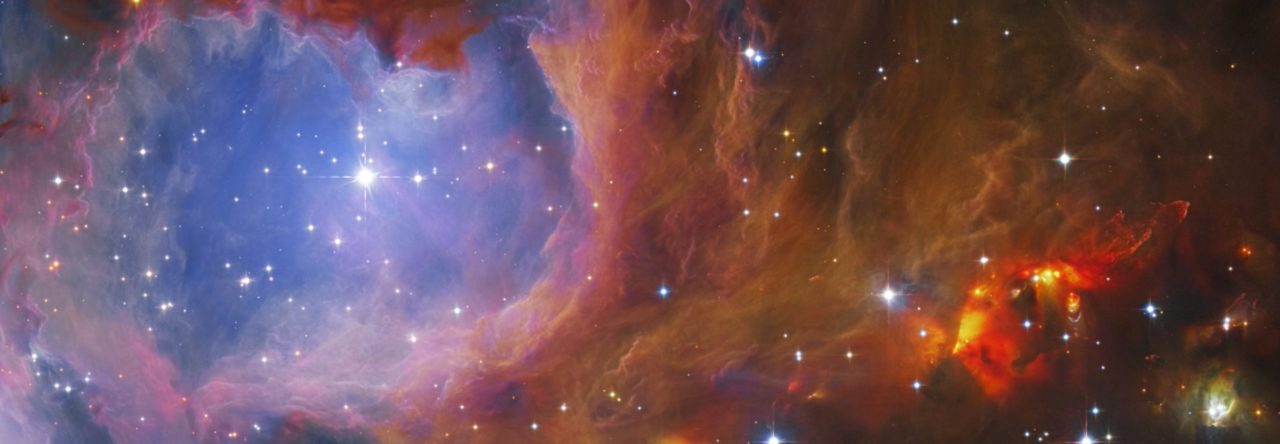It’s been a few years since Tui Mamaki – or Tui Divers, as she is known around these parts – has been settled in Northland. However, the area remains a constant source of strength and a major part of her life.
“I grew up in Matapouri Bay, so being a small kid up there and saw that place grow – we were up the end of the valley; so heaps of bush and beach,” the ex-Tikipunga High School student recalls. “Being at Ngunguru primary and being able to go swimming in the afternoon instead of going to class; just going across, go for a run to Red Rock bay and jump in the water!”
“I mean it’s undeniable – the food tastes better, the land is better. I met another Northland boy recently, and he said ‘you can take the boy out of Northland but you can’t take Northland out of the boy’ … Its definitely part of who I’m gonna be forever and it feeds into my work.”
As the front-woman of Meltdown co-headliners The Mamaku Project, Mamaki has been hard at work putting herself into her music, so it’s easy to tell that this is a happy time in Mamaki’s life. Rightly so: with the group invited to almost every major festival this country has to offer, the release of the groups debut album Karekare in late February, and a debut show in her hometown on the cards. Mamaki is undeniably excited.
Says Mamaki of the Meltdown show: “I was actually waiting for an opportunity to be invited to a festival in Whangarei. I didn’t really feel like coming and doing the pub thing.”
“The music that I’m making and the work that I’ve been doing, performing in theatre and music for the last 7 years, is at its best in a festival situation,” she continues, “because its all about celebrating the art and giving it an opportunity for it to be seen in the proper situation.”
The Mamaku Project is named for one of New Zealand’s many beautiful native ferns, and one of the groups’ aims is to orchestrate its origins, unfurling like the ferns’ fronds. Of course Mamaki’s nature-centred background, as well as the coming together of a very diverse range of ethnic backgrounds within the group, contribute heavily to the earthy, natural sound of the project.
“My side of things totally is [inspired by nature], and I talk about it all the time,” Mamaki explains. “All the lyrics are about, but not limited to, nature, but using what we observe in nature as metaphors for our existence and the rhythm of the human life and what we’re all going through. I definitely hook on to those images.”
“Music, for me, starts with inspiration,” she continues. “I happen to have grown up and travelled into places where I was really moved by the earth, by the sea, by the places. Growing up without TV, growing up with lots of music in the house, but also being out there, being out at Matapouri means that you can’t ignore it.”
“Unless you’ve got a TV – then you can hide away!”
Along with ‘Monsieur Escargot’, the other core composer and member of The Mamaku Project, Mamaki has been very deliberate in the way she has gone about the process of writing music.
“The whole process of composing, with Monsieur Escargot and I, we started with jams, and that’s the way we’ve mostly continued to compose,” Mamaki explains clearly. “Its just bringing an idea and letting the other person respond, and getting that magic seed to start with and seeing then how we can bring it to stand on its own 2 feet and go what does this song need to be able to stand up.”
“Then bringing in what instruments we want to add, how fast do we want to take it, how deep, does it need more story, more text, is it in French or English, all those decisions kind of come after the first seed of inspiration.”
Whether the process of bringing together the Kiwi and French influences works or not is entirely up to the audience.
“I love performing arts as a place where things can meet, be challenged and be discovered. I grew up bilingual, travelling between Matapouri and the south of France. For me to find a work that I can reconcile those cultures in is a really person priority. It’s sort of taking on a life of its own now, its becoming a style of music, and people are responding to it really positively,” says Mamaki, matter-of-factly. “The albums going into the shop next week and we have these fantastic reviews supporting us. I guess whether it works or not, we’re starting to see that in the way people respond.”
As far as what the Whangarei audience can expect at Meltdown, one thing is for sure: expect to be totally surprised.
“The music is really about bringing to life the relationship of some very diverse influences and heritage, like the Aotearoa heritage which translates nowadays a lot into dub, reggae, that kind of summery warm music; in our music its mixed, its woven in with really old French flavoured, as well as Middle-eastern, music from our travels.
“We try not to just collage it, but actually see what happens when these different heritages come into meeting in the composition process, and bringing that to the stage … Theres a lot of joy in it, theres a lot of colour, and more and more mood grooves.” “It’s a full sound and it’s festive, but people usually haven’t heard anything like it before.”

Leave a Reply